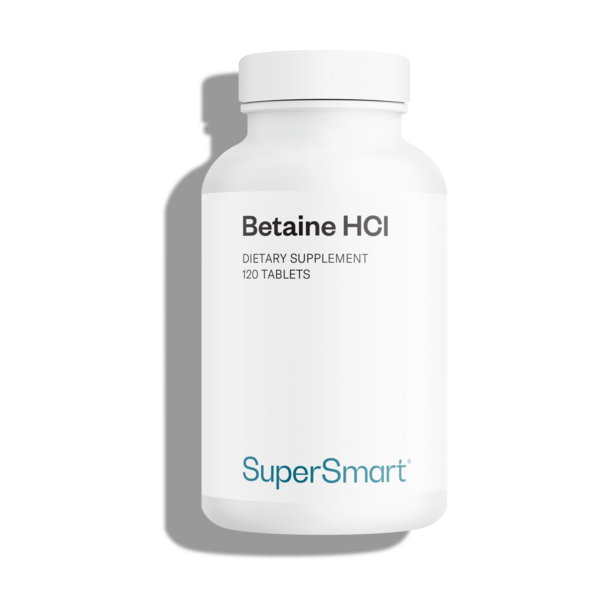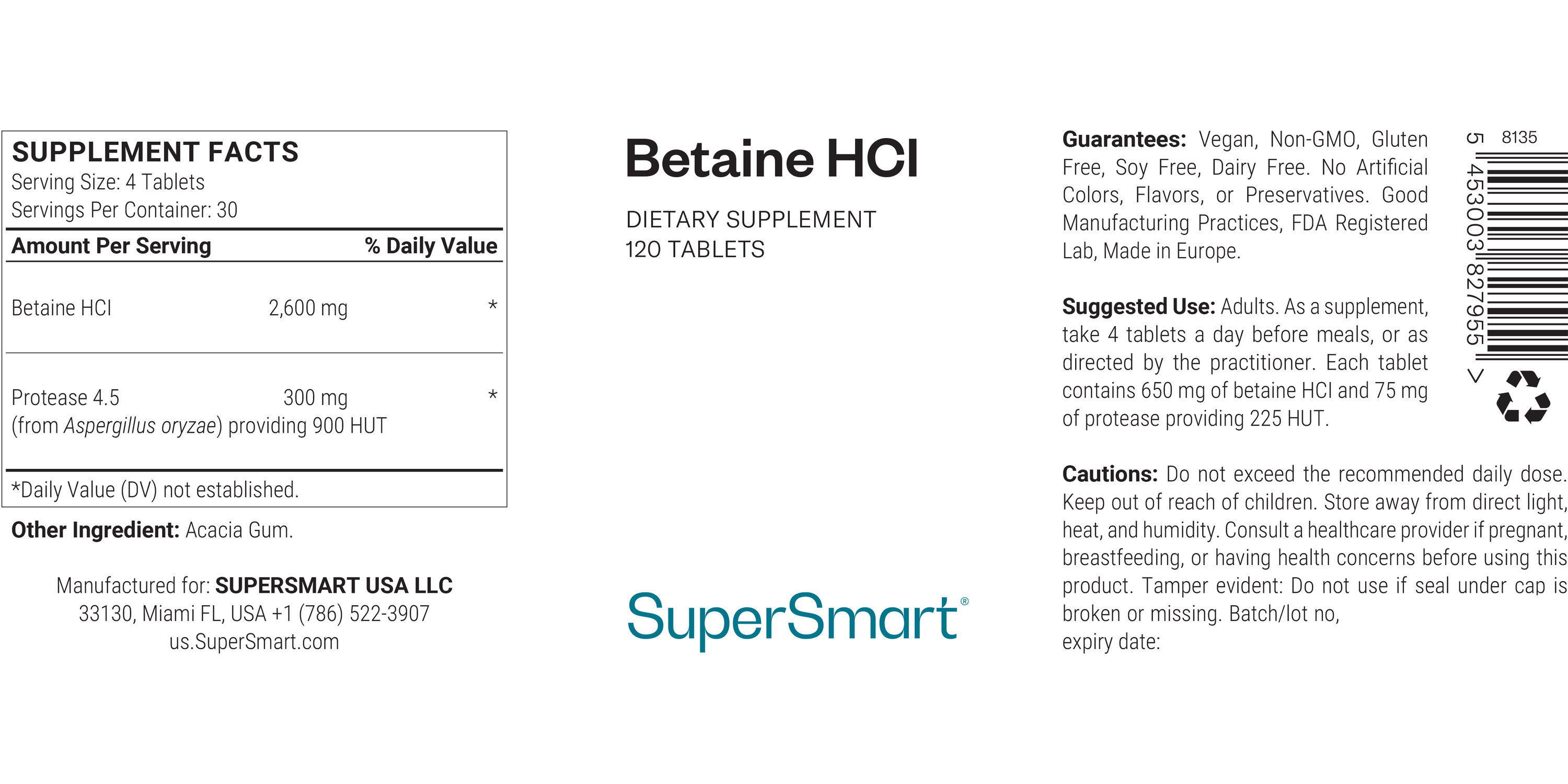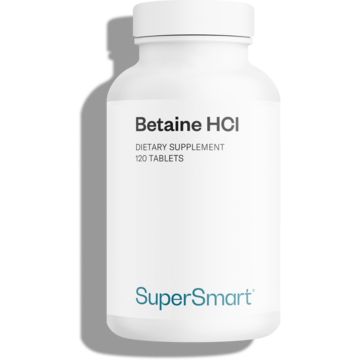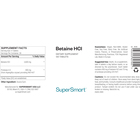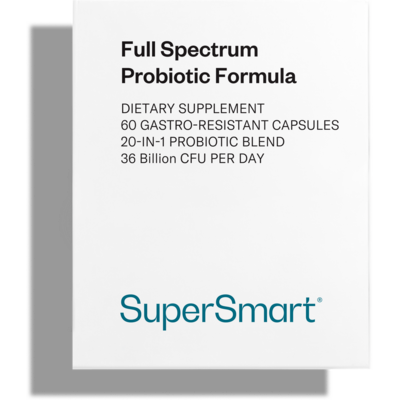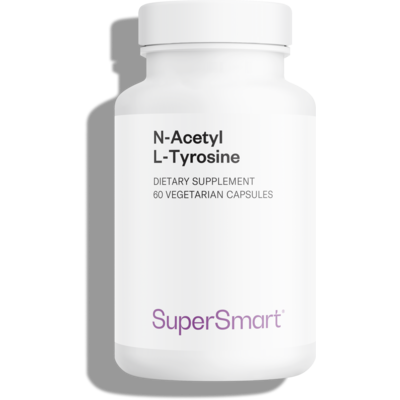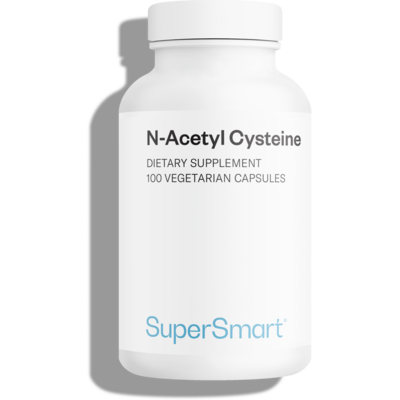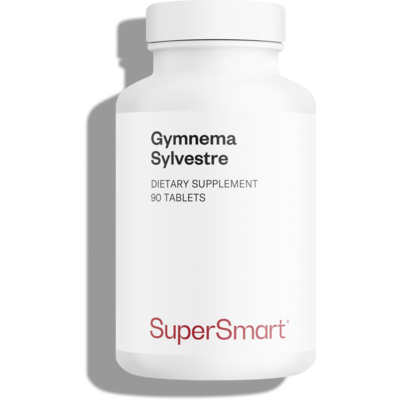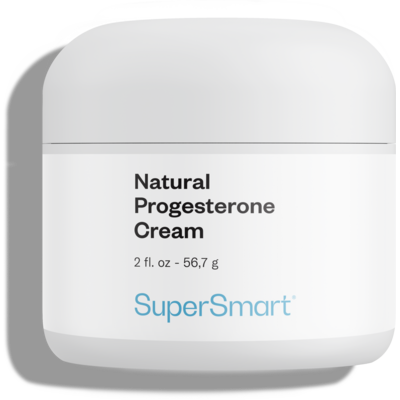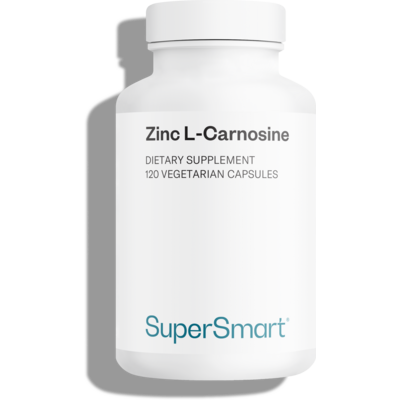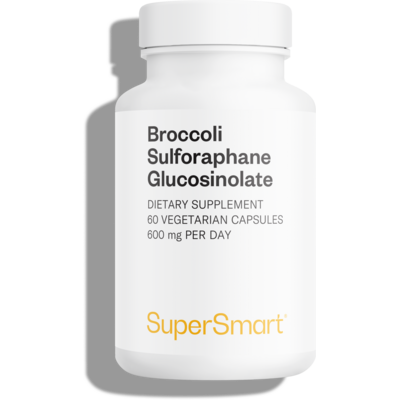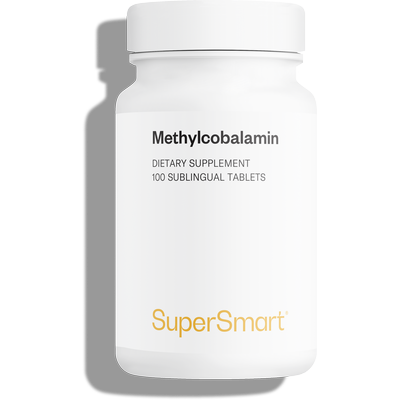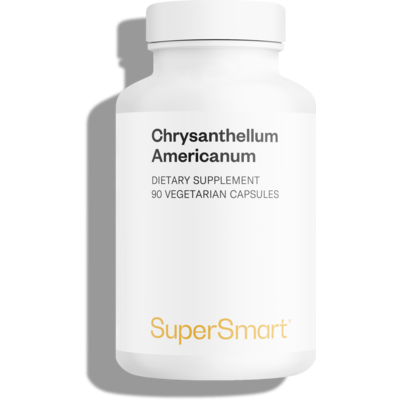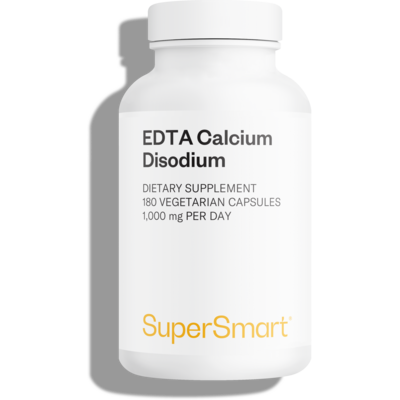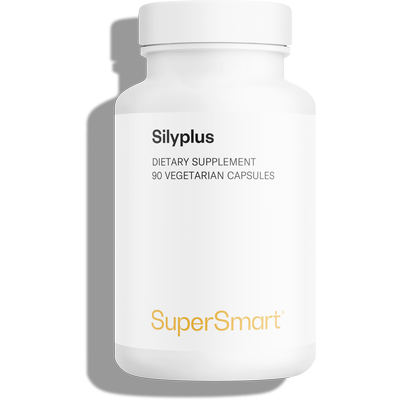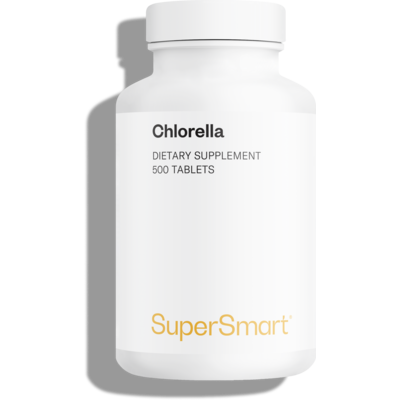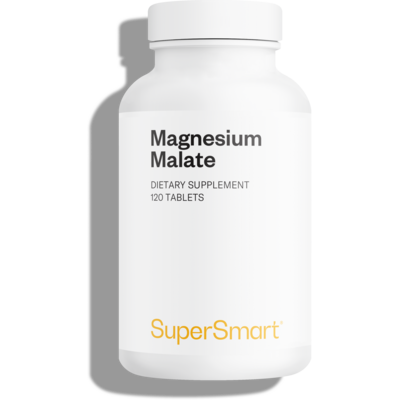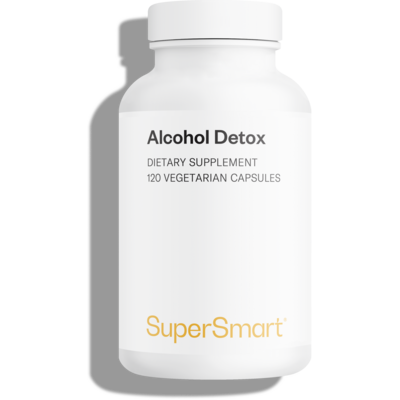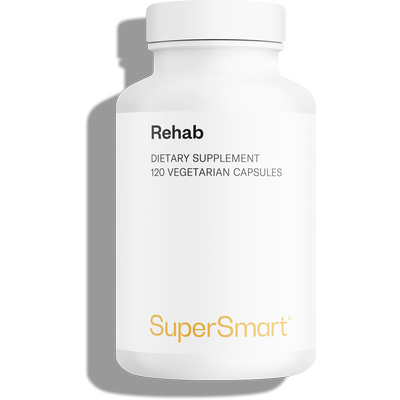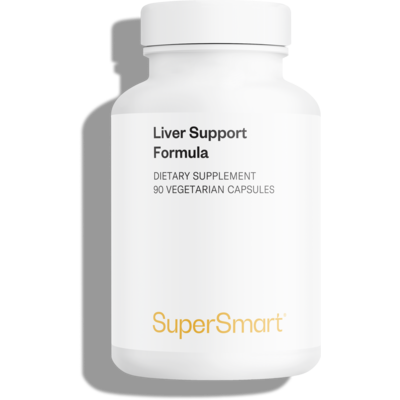Create Your Offer
Betaine HCl is a dietary supplement ingredient traditionally included in formulations intended to support digestive comfort as part of a balanced lifestyle.* It is derived from betaine, a compound naturally present in foods such as beetroot. Some individuals choose this ingredient as part of a wellness routine focused on supporting normal digestive processes.*
What Is a Betaine HCl Supplement?*
Hydrochloric acid (HCl) is naturally present in the stomach and is involved in the digestive process. In supplement form, betaine HCl is used as a nutritional ingredient by individuals seeking to support digestion as part of their daily wellness habits.*
Betaine HCl is not a medication and is not intended to diagnose, treat, cure, or prevent any disease. It is a dietary supplement ingredient used in the context of general digestive wellness.*
The Role of Digestion in Overall Wellness*
Digestion is a complex process that allows the body to break down food and make use of its nutrients. Many factors, including eating habits, lifestyle, and individual variability, can influence digestive comfort.*
- Supports the normal breakdown of foods consumed as part of the diet.*
- Plays a role in the body’s ability to utilize nutrients from meals.*
- Contributes to maintaining overall digestive balance.*
Because digestive needs vary from person to person, some individuals choose supplements like betaine HCl to complement a balanced dietary routine.*
Individual Factors That May Influence Digestion*
Digestive comfort may be influenced by age, dietary patterns, lifestyle choices, and other personal factors. Some adults choose to support digestion through mindful eating, balanced nutrition, or the use of targeted dietary supplements.*
This product is not intended to replace medical care. Individuals with ongoing digestive concerns should seek advice from a qualified healthcare professional.
How Betaine HCl May Be Used in a Wellness Routine*
Betaine HCl is sometimes used by individuals who wish to:*
- Support normal digestive function as part of a healthy lifestyle.*
- Promote digestive comfort following meals.*
- Complement a wellness approach focused on nutrition and digestion.*
As with any dietary supplement, individual experiences may vary. This product is best used as part of a balanced diet and healthy lifestyle.*
Suggested Use & Considerations
This supplement is intended for adults and should be used according to label directions or professional guidance. Individuals who are pregnant, breastfeeding, or who have specific health conditions should consult a healthcare professional before use.*
WARNINGS
Do not exceed the recommended daily dose. This product is a nutritional supplement and should not be used as a substitute for a varied and balanced diet or a healthy lifestyle.
STORAGE
Store in a cool, dry place away from direct sunlight, heat, and humidity. Keep out of reach of children.
PREGNANCY AND MEDICAL CONDITIONS
If you are pregnant, breastfeeding, or have any medical conditions, consult your healthcare provider before using this product.
SUPPLEMENT INTERACTIONS
Consult your healthcare provider before use, especially if you are taking any medications or other supplements as there may be potential interactions.
Need Help?
Phone Number
+1 (786) 522-3907
From 9 am to 6 pm (EST)
Email Address
You May Also Like

